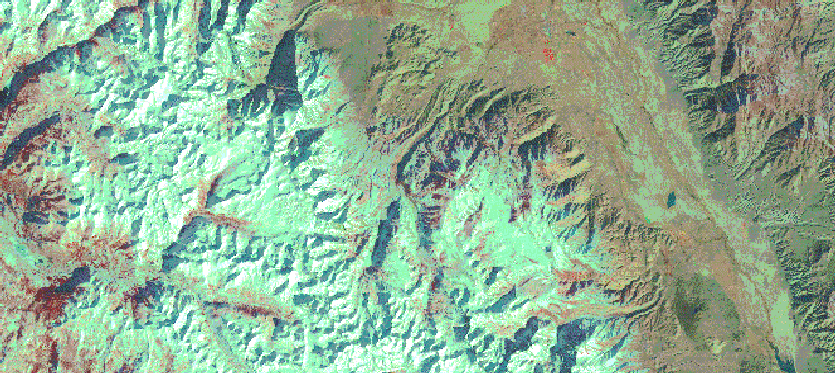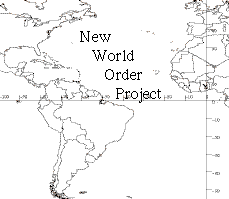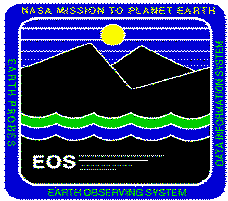[Historical Document]
University California, Berkeley / NASA
End to End Problems & Solutions in EOSDIS

NASA EOSDIS: Earth Observing System,
Distributed Information System
"End-to-End Problems in EOSDIS" is a NASA-sponsored multi-year project
investigating alternative data management strategies for NASA's Earth Observing
System (EOS). The project includes research at the Berkeley, Los
Angeles, San
Diego, and Santa
Barbara campuses of the University of California.

 Let's face it; We don't
have the man-power to keep this page particularly up to date! Consider
it _permanently_ under construction. Please email feedback to the coordinator
noted in each section. Please send general suggestions to rtroy@postgres.berkeley.edu.
Let's face it; We don't
have the man-power to keep this page particularly up to date! Consider
it _permanently_ under construction. Please email feedback to the coordinator
noted in each section. Please send general suggestions to rtroy@postgres.berkeley.edu. 
Contents:

Introduction
This page covers only the activities we are performing in Berkeley. For
more information on this grant, please see our Parent
Page.
The UCB team is tasked with coordinating the implementation details
between participating groups. Therefore, we have a hand in each aspect
of the EOSDIS end to end problem mentioned in our parent page. Without
going into every detail, we can summarize major efforts as follows:
-
Prototyping
-
Data collection
-
Architecting an interface
XXXXXXXXXXXXXXXXXXXXXXXX
In addition, we are exploring several areas of research that are inherent
in such a DBMS-centric architecture. These include:
-
More effective wide-area distributed-DBMS technology. Our efforts focus
on a prototype distributed DBMS, called Mariposa.
-
A type library for optimally regridding satellite imagery (David
Siegel).
-
An advanced visualization system for specifying user interactions with
the database known as Tecate,
headed by Peter Kochevar.
-
A more effective interface between a DBMS and a tertiary memory file system
. This is a part of the High Performance Storage System Project, HPSS
, headed by Dick Watson. Also see the National Storage Laboratory, NSL.
-
End-to-end modelling of the "end-to-end" problem of going from data source
to DBMS to visualization system. The " Gator
" project has as its goal to identify the ultimate bottlenecks in the overall
architecture and then focus on parallelization of these modules. Gator
is headed by Jim
Demmel.
-
A more flexible wide-area networking
protocol, headed by Joseph
Pasquale.
Principal Investigator:
Michael Stonebraker
621 Soda Hall
University of California
Berkeley, Ca. 94720
mike@cs.berkeley.edu

Partners and participants





Section Coordinator: Richard Troy, rtroy@postgres.berkeley.edu

Acknowledgements
J. Anderson (UCSB), P. Brown (UCB), F. Davis (UCSB), D. Donahue (UCSB),
J. Dozier (UCSB), J. Frew (UCSB), K. Gardels (UCB), R. Mechoso (UCLA),
E. Mesrobian (UCLA), D. Siegel (UCSB), K. Sklower (UCB), J. Spahr (UCLA),
M. Stonebraker (UCB), R. Troy (UCB) .


 Let's face it; We don't
have the man-power to keep this page particularly up to date! Consider
it _permanently_ under construction. Please email feedback to the coordinator
noted in each section. Please send general suggestions to rtroy@postgres.berkeley.edu.
Let's face it; We don't
have the man-power to keep this page particularly up to date! Consider
it _permanently_ under construction. Please email feedback to the coordinator
noted in each section. Please send general suggestions to rtroy@postgres.berkeley.edu. 


